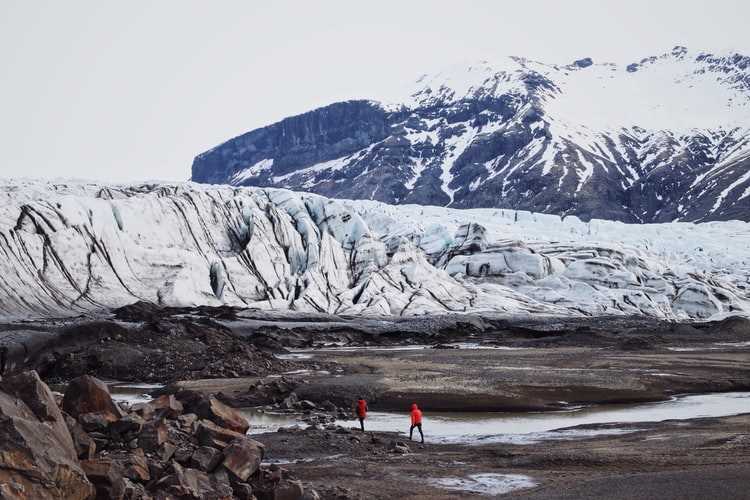
There are chances that global warming will cross 1.5 degrees Celsius above pre-industrial levels in the next decade, but the Intergovernmental Panel on Climate Change (IPCC) is optimistic of taming climate change if national governments are willing to make drastic policy changes. In its latest report, the United Nations arm for assessing climate change has listed numerous low-cost options to fight rising temperatures across the world. These suggestions range from supporting public transport and walking and cycling in cities to implementing policies that incorporate weather and health insurance.
The report has emphasised on India which is expected to be one of the worst sufferers of climate change. The country is the third largest emitter of greenhouse gases after China and the US, but it is not a culprit in terms of per capita emissions. It is one of the bitter realities of rising global temperatures that climate impact is unequally distributed with the poor and disadvantaged being the most vulnerable. Often, the poor countries are least responsible for greenhouse gas emissions. The extreme weather events triggered by climate change are expected to intensify in the coming years.
READ | India’s green hydrogen drive must address technology needs, water scarcity
Simple solutions, enormous impact
When solutions to mitigate climate change are listed anywhere, they sound simple and in fact, appear of little consequence compared with the magnitude of the issue facing humanity. However, the latest IPCC report reiterates that these simple solutions will have a huge bearing on curbing rise in temperature. What is even heartening is the fact that the key to tackling climate change does not only lie with the governments and policymakers, but small actions by people can make a massive difference to the overall picture. Such actions include cycling, avoiding flights and reducing wastage of daily use items.
Other solutions include minimising the use of fossil fuels, switching to alternative energy options such as wind and solar, increasing the use of electric vehicles (EVs), supporting public transport and active mobility in cities (such as walking and cycling), and conservation and restoration of forest and other ecosystems. The report also highlights how renewable forms of energy are now cheaper and that sticking with fossil fuels may be more expensive in many places than using low-carbon systems. While the report doesn’t say it directly, there is no future for coal, oil and gas on a liveable planet.
Many of these actions are also in line with the Sustainable Development Goals (SDGs) listed by the United Nations in 2015 for national governments.
There are two approaches to solving the climate change menace. One is mitigating the damage, and the second is adapting to the damages that cannot be reversed. Measures to adapt to climate change such as ensuring access to air conditioning as many regions of the world that face extreme heat as a result of global warming are not enough to cope with the current rates of warming, the report says.
To help poorer and developing countries adapt, the need is to ramp up global funds for implementing adaptation measures. In fact, the present adaptation measures will become null and void as global warming continues. As far as mitigation measures go, they are also being implemented through changes in national policies, but there are large gaps that need to be plugged.
Message to India to tackle climate change
The report also has solutions that are especially relevant to India. For instance, the report talks about lifestyles, consumption and demands and says that inequality in consumption is an issue that cannot be skirted anymore. The IPCC report stresses on the need for individuals and communities to limit unnecessary consumption and make sustainable use of resources. India must also focus on and fund adaptations and mitigation methods. Analysts are also of the opinion that the government must strengthen activities under the MGNREGA since they do not just enhance livelihoods, but directly or indirectly speak to climate action goals as well.
READ | Marine plastic pollution snowballing into major crisis
The essence of the report can be summed up in one line that the window of opportunity to secure a liveable and sustainable future for all is rapidly closing and that there’s no time to lose to keep to the target of limiting the global average temperature to below 1.5 degree Celsius. The latest IPCC report is the sixth in the series and hence summarised all the information that the body had on climate change mitigation and adaptation. Called the Synthesis Report, it has been researched by hundreds of scientists on the IPCC panel. IPCC comprises of 195 member countries charged with producing comprehensive and objective assessments of the scientific evidence for climate change.
The next report – the Seventh Assessment Report by IPCC, is not expected before 2027, says the World Economic Forum (WEF).
